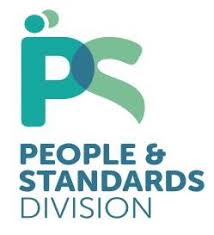Malta's challenge for bringing together users' and public employees’ expectations
Published in the Nr 20 - December 2019
CLOSE-UP
With 50,000 members of staff (a public employment rate of 23%), the administration of the EU's smallest Member State is doing everything possible to develop its human capital.
Following reform efforts carried out between 2014 and 2017 under the leadership of the Management Efficiency Unit, the departments responsible for personnel administration and public sector modernisation were merged into a division entitled "People and Standards".
This is a clear indication of the government's willingness to reorient its HR processes towards both internal objectives (staff well-being and improved career paths) and external objectives (better meeting users' needs).
As part of a continuous improvement process, the division has drawn up twelve directives that offer a framework for procedures in the areas of recruitment, appointment, assessment, management, respect for rights and obligations, as well as quality audits and management control.
.

Intiatives that have been introduced include:
• Two units tasked with employee well-being (People Support & Wellbeing) and career development (Research & Personal Systems) have been set up
• The assessment system has been completely redesigned (comprehensive rollout of the 360° approach) and made paperless. It includes performance indicators and objectives directly tied to improvements in the public service
• An application (IDEAs) allows everyone to submit proposals for solutions and to monitor their implementation if they are selected.
More recently, the government has set up a "Civil Service Institute" that provides training for staff and managers. Modeled along the lines of the IPA, its Irish counterpart in Dublin with which it closely cooperates, the Institute develops training programmes in partnership with the University of Malta and the College of Art, Science and Technology. In addition to standard in-service training, it provides:
• Internships in private companies to improve employees' knowledge of new working methods, and relationships with users in particular
• Scholarships that enable a certain number of public employees to take full- or part-time degree courses each year, in return for an agreement to serve the government.
- For more information: publicservice.gov.mt
